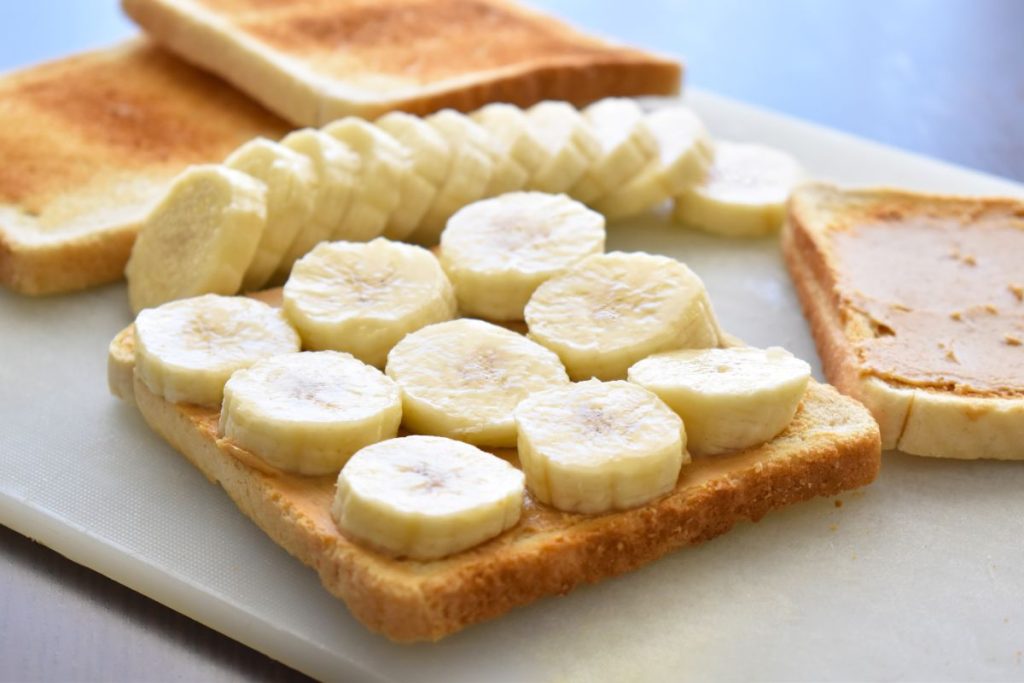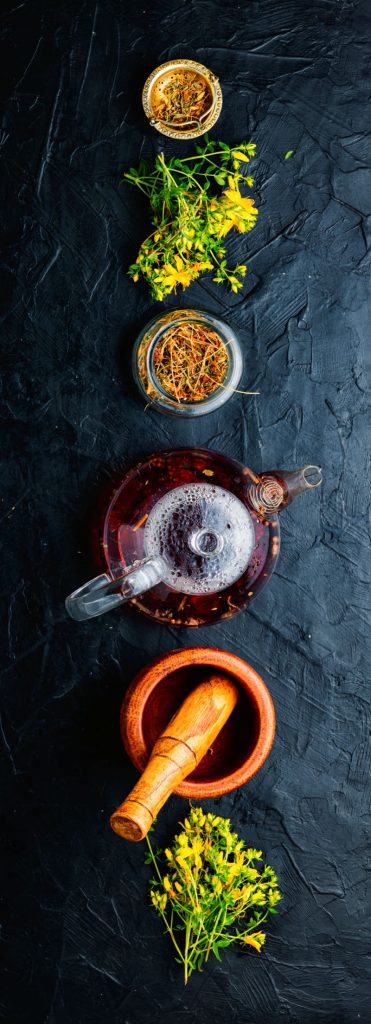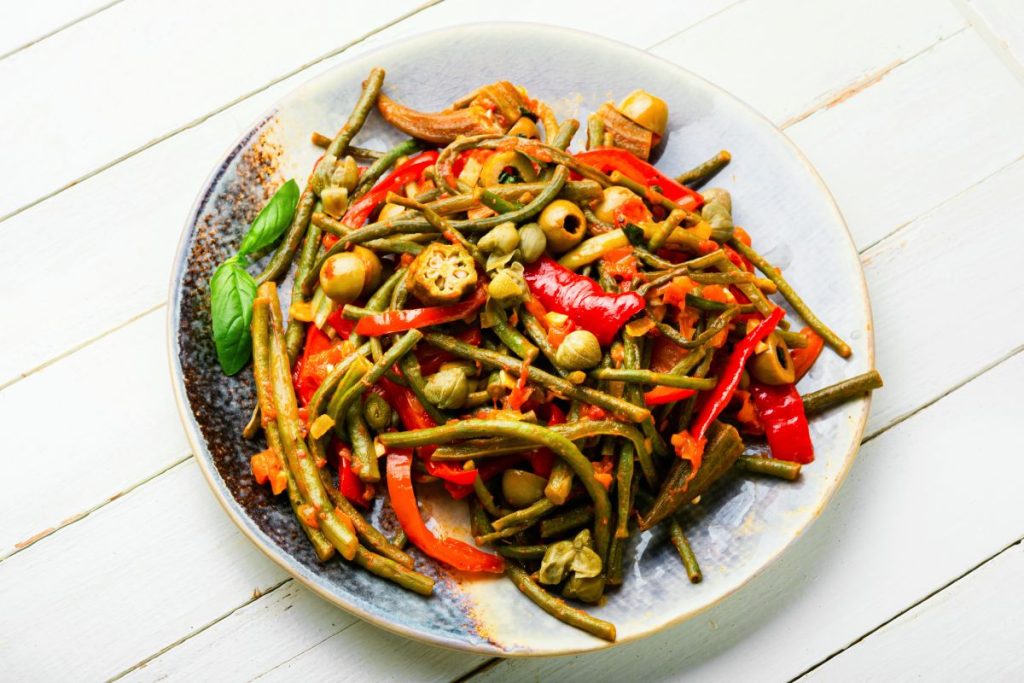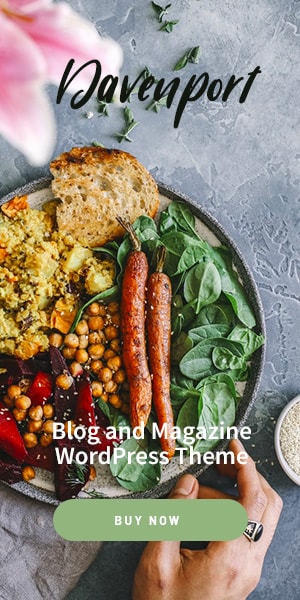Diarrhoea is a common gastrointestinal ailment that can disrupt daily life and leave you feeling weak and dehydrated. Proper nutrition during this time is pivotal to helping your body recover.
In this guide, we will explore the intricacies of managing diarrhoea through dietary choices. We will begin by exploring what foods you should consume to ease symptoms and provide essential nutrients. Then, we’ll turn our attention to the fluids that can help you stay hydrated and regain your strength. Finally, we’ll identify the foods and habits you should steer clear of to avoid aggravating your condition.
By the end of this comprehensive discussion, you’ll be armed with the knowledge needed to make informed choices, ensuring a more comfortable and speedier recovery.
What Should We Eat When We Have Diarrhoea
When you have diarrhoea, it’s important to eat foods that are gentle on your stomach and won’t exacerbate your symptoms. The BRAT diet is a commonly recommended guideline for managing diarrhoea, but it’s worth noting that recent medical advice has expanded on this.
Here’s what you can consider eating when you have diarrhoea:

- BRAT Diet: This traditional diet stands for Bananas, Rice, Applesauce, and Toast. These foods are bland and less likely to irritate your stomach.
- Plain Rice: Plain white rice is easy to digest and can help firm up stools.
- Bananas: Bananas are rich in potassium and easy on the stomach. They can help replace lost nutrients due to diarrhoea.
- Applesauce: Unsweetened applesauce can provide some calories and vitamins without irritating your stomach.
- Toast: Plain, white toast can be a source of carbohydrates that are easily digested.
- Boiled or Baked Potatoes: These are starchy and can help absorb excess water in your intestines.
- Boiled Chicken or Turkey: Lean, white meat is a good source of protein and is gentle on the stomach when boiled.
- Plain Yogurt: Yogurt with live active cultures (probiotics) can help restore the balance of healthy bacteria in your gut. Avoid sugary or flavoured yoghurts.
- Broth-Based Soups: Clear, low-sodium chicken or vegetable broth can provide fluids and some nutrients.
- Oatmeal: Plain oatmeal is a good source of soluble fibre, which can help bulk up your stools.
Remember that it’s essential to listen to your body and introduce these foods gradually as your symptoms improve. If your diarrhoea persists for more than a couple of days, if it’s accompanied by other severe symptoms like fever, blood in the stool, or dehydration, or if you have underlying health conditions, seeking medical advice is a must. Diarrhoea can be a symptom of various underlying issues that may require specific treatment.
What to Drink When You Have Diarrhoea
When you have diarrhoea, you must stay well-hydrated to prevent dehydration, which can be a significant concern when you’re losing fluids through frequent bowel movements.
Here are some recommended drinks to consider when you have diarrhoea:
- Water: Plain water is one of the best options for staying hydrated. Sip it throughout the day, especially after each loose bowel movement.
- Oral Rehydration Solutions (ORS): These are specifically designed to replace lost fluids and electrolytes. You can find ORS at most pharmacies, or you can make a homemade version by mixing 1 litre of clean water with 6 level teaspoons of sugar and 1/2 level teaspoon of salt. This helps replace the essential electrolytes lost during diarrhoea.

- Clear Broth: Low-sodium chicken or vegetable broth can provide both fluids and some essential nutrients. The warmth of the broth can also be soothing.
- Herbal Teas: Ginger and peppermint teas are known for their calming effects on the digestive system. Drink them without added sugar or caffeine.
- Weak Black Tea: Plain, weak black tea can help soothe your stomach. Avoid adding milk or sugar, as they may worsen diarrhoea for some people.
- Coconut Water: It’s a good source of electrolytes and can help replenish lost fluids.
- Electrolyte Drinks: Commercially available sports drinks or electrolyte replacement drinks can be useful for restoring electrolyte balance. However, be cautious with these as they can sometimes contain a lot of sugar.
- Rice Water: The water that remains after boiling rice is a traditional remedy for diarrhoea. It can help replace lost fluids and provide some starch for energy.
- Banana Smoothies: Blend a ripe banana with plain yoghurt (preferably with live probiotic cultures) and a bit of water or ice. This provides hydration, electrolytes, and probiotics to help restore your gut balance.
- Apple Juice: Diluted apple juice (half juice and half water) can be consumed in small amounts to provide fluids and some natural sugars.
Remember to drink small sips frequently rather than gulping large amounts at once, and pay attention to your body’s signals.
What to Avoid When We Have Diarrhoea
When you have diarrhoea, it’s important to avoid certain foods and behaviours that can exacerbate your symptoms and potentially prolong the duration of your condition.
Here’s a list of things to avoid:
- Dairy Products: Dairy can worsen diarrhoea for some people, especially if they are temporarily lactose intolerant during a bout of diarrhoea. Avoid milk, cheese, yoghurt, and ice cream.
- Fatty, Greasy, and Fried Foods: High-fat foods can be hard to digest and may make diarrhoea worse. Avoid fried foods, greasy fast foods, and fatty cuts of meat.

- Spicy Foods: Spicy foods can irritate your digestive tract, making diarrhoea more uncomfortable. Steer clear of hot peppers, curry, and heavily spiced dishes.
- High-Fibre Foods: High-fiber foods, such as bran, whole grains, and many raw vegetables, can worsen diarrhoea. These foods can be difficult to digest and may stimulate bowel movements.
- Artificial Sweeteners: Some artificial sweeteners, like sorbitol and mannitol, can have a laxative effect and worsen diarrhoea. Check labels for sugar substitutes in gum, candy, and sugar-free products.
- Caffeinated Beverages: Coffee, tea, and caffeinated sodas can have a laxative effect and contribute to dehydration. Avoid them during bouts of diarrhoea.
- Alcohol: Alcohol can irritate your stomach and contribute to dehydration. It’s best to avoid alcohol until your symptoms have resolved.
- High-Sugar Foods: High-sugar foods, especially in large quantities, can exacerbate diarrhoea for some people. Stick to foods with lower sugar content.
- Carbonated Drinks: Carbonated beverages can cause gas and discomfort, which can be particularly bothersome when you already have diarrhoea.
- Artificially Sweetened and High-Fiber Drinks: Avoid drinks that contain a combination of artificial sweeteners and high fibre, such as certain diet shakes or supplements.
- Large Meals: Eating large meals can put additional stress on your digestive system. Opt for smaller, more frequent meals to ease the workload on your gut.
- Dairy Alternatives with Added Fiber: Some dairy alternatives, like almond milk or soy milk with added fibre, can be high in fibre and may exacerbate diarrhoea.
- Smoking: If you smoke, consider avoiding it while you have diarrhoea. Smoking can irritate your digestive system and worsen symptoms.
- Stress: High-stress levels can trigger or worsen digestive issues. Try to manage stress through relaxation techniques, meditation, or gentle exercise.
- Antibiotics (if not prescribed): Antibiotics can cause or worsen diarrhoea in some cases. If you’re taking antibiotics and develop diarrhoea, contact your healthcare provider for guidance.
Each person’s tolerance for different foods can vary. Pay attention to how your body reacts to different foods and make adjustments accordingly.
The Take Away
In conclusion, managing diarrhoea effectively necessitates a judicious approach to dietary choices. Opting for easily digestible foods and maintaining adequate hydration is paramount to mitigate discomfort and expedite recovery. Conversely, neglecting to avoid foods and beverages that exacerbate symptoms can protract your condition.
It is imperative to emphasise that prolonged or worsening symptoms should not be taken lightly. In such cases, it is important to immediately seek medical evaluation and guidance.




